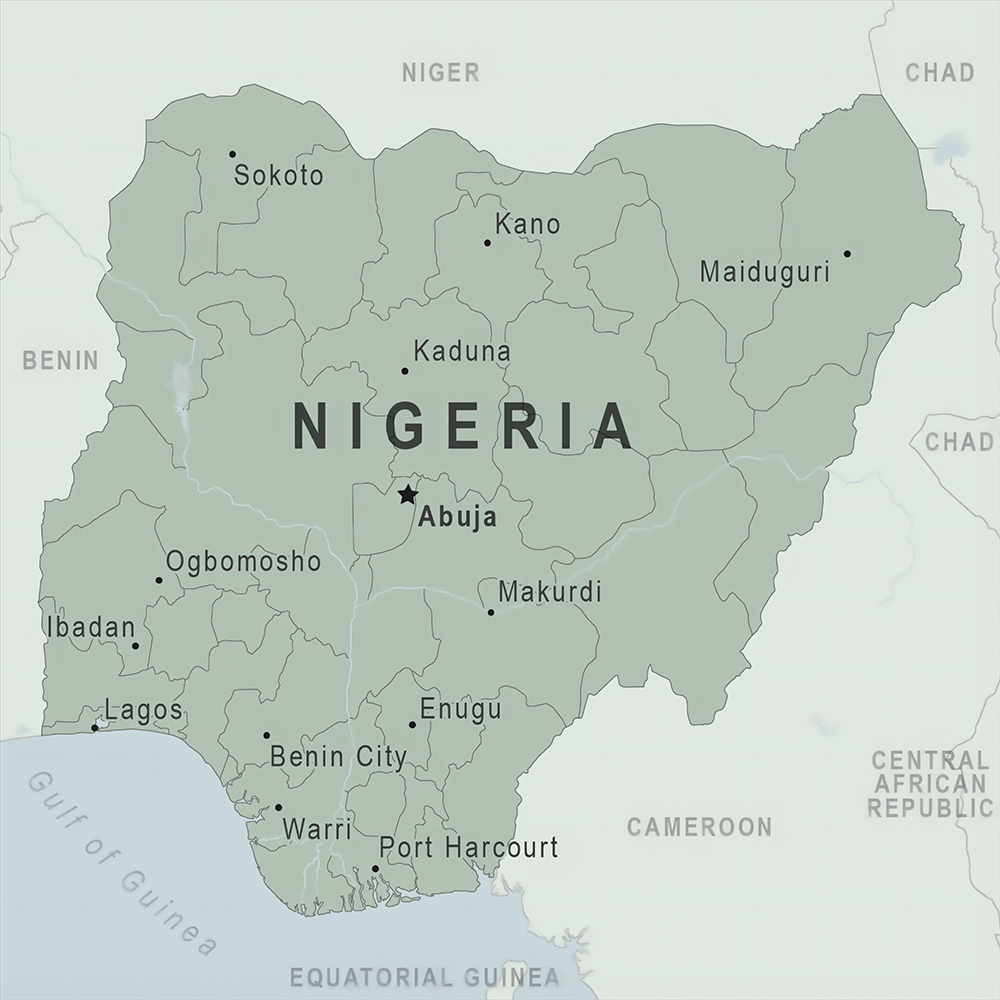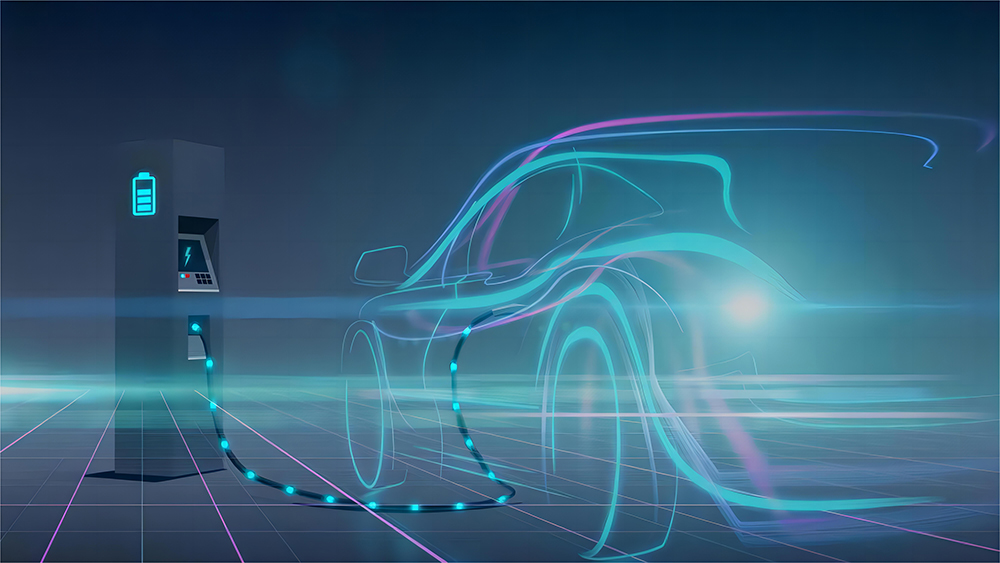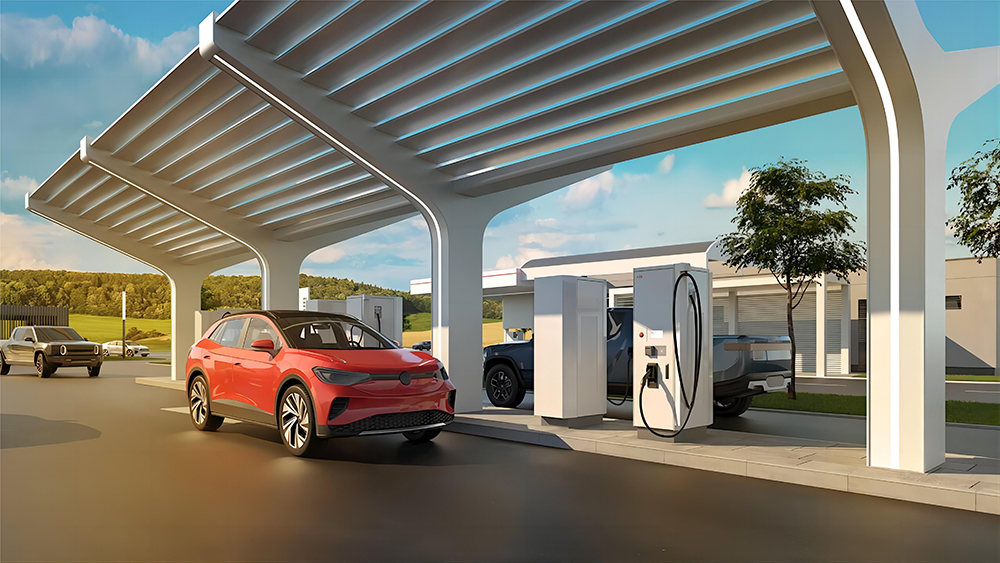September 19, 2023
The market for electric vehicles (EVs) along with charging stations in Nigeria are showing robust growth. In recent years, the Nigerian government has taken a series of effective measures to promote the development of EVs in response to environmental pollution and energy security challenges. These measures include providing tax incentives, imposing stricter vehicle emission standards, and building more charging infrastructure. With the support of government policies and increasing market demand, sales of EVs in Nigeria have been steadily rising. The latest statistics indicate that national sales of EVs have achieved double-digit growth for three consecutive years. In particular, electric vehicles (EVs) have witnessed a remarkable sales increase of over 30%, becoming the main driving force in the EV market.
In the meantime, the market for charging stations in Nigeria is still in its early stages, but with the rapid growth of the electric vehicle market, the demand for charging stations is continuously increasing. In recent years, the Nigerian government and private sector have been working together to promote the development of charging station infrastructure to meet the growing needs of electric vehicle owners. Currently, the charging station market in Nigeria is mainly driven by both the government and private enterprises. The government has constructed a certain number of charging stations along main roads in cities and commercial centers to serve the public and businesses. These charging stations cover urban areas and provide convenience for electric vehicle owners to charge their vehicles while on the go.
However, the EV market in Nigeria still faces several challenges. Firstly, the charging infrastructure is not yet well-developed. Although the government is actively promoting the construction of charging facilities, there is still a shortage of charging stations and uneven distribution, which limits the widespread adoption of EVs. Secondly, electric vehicles are relatively expensive, making them unaffordable for many consumers. The government needs to further increase subsidies for EVs, reducing the purchasing costs and providing more convenience for a larger group of consumers.
Despite these challenges, the EV market and charging stations in Nigeria remains promising. With government policy support, consumer recognition of environmentally friendly transportation, and the continuous improvement of the industry supply chain, there is a vast potential for further development in the NEV market. It is foreseen that the NEV market in Nigeria will continue to flourish, making significant contributions to the construction of a greener and low-carbon society.
Post time: Sep-19-2023








